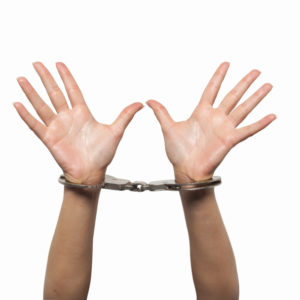
What bankruptcy can do is allow you to focus all your energy and resources on the potential (or already very real) criminal debt. If you are being charged with a crime that could result in a major financial repercussion, you will need all your available funds to focus on your criminal defense. If you have already been found guilty and the criminal debt is yours, you’ll need all of your resources to address it as efficiently as possible. Bankruptcy can allow you to do that.
How Can Bankruptcy Help When Faced with Criminal Debt that Won’t be Discharged?
Your Other Debts Will Be Discharged: For many, this will leave a substantial amount of funds on hand to use for other purposes (i.e. the criminal defense and/or criminal debt). When faced with criminal charges, it’s not unusual for individuals to pool all their resources: sell property and other assets, gain access to retirement funds, etc. Ceasing all payments to “other” creditors as a means of paying for the new, hefty expense of a criminal defense followed by a potential criminal debt is just one more method to ensure you will be able to cover costs. Declaring bankruptcy allows you to do so.
Filing for bankruptcy is actually the fastest way to reduce debts and increase cash flow. When you file bankruptcy, you immediately stop paying debts that are seeking discharge. When the discharge is received (typically within 4 months), you are free of the debts listed in the bankruptcy discharge. You are no longer liable to pay them. In comparison, debts that result from a criminal case cannot be discharged: restitution payments, probation or supervision fees, treatment costs, community service fees, drug and electronic monitoring equipment/services, etc. Freeing yourself from your other debts can allow you to successfully cover the costs of the court-mandated financial obligations that may otherwise pose a significant problem (like incarceration for non-payment).
Dealing with an impending or already concluded criminal case involves a number of delicate issues that should, obviously be discussed in detail with an experienced criminal attorney. If the financial implications are causing a significant strain, it is best to also consult an experienced bankruptcy attorney to ascertain whether or not filing a petition for bankruptcy could alleviate some of the strain or help prepare you to handle potential financial fallout.
If you need to discuss your options with an experienced southern California bankruptcy attorney, please get in touch with Westgate Law. We are ready to help you determine the best course of action.
